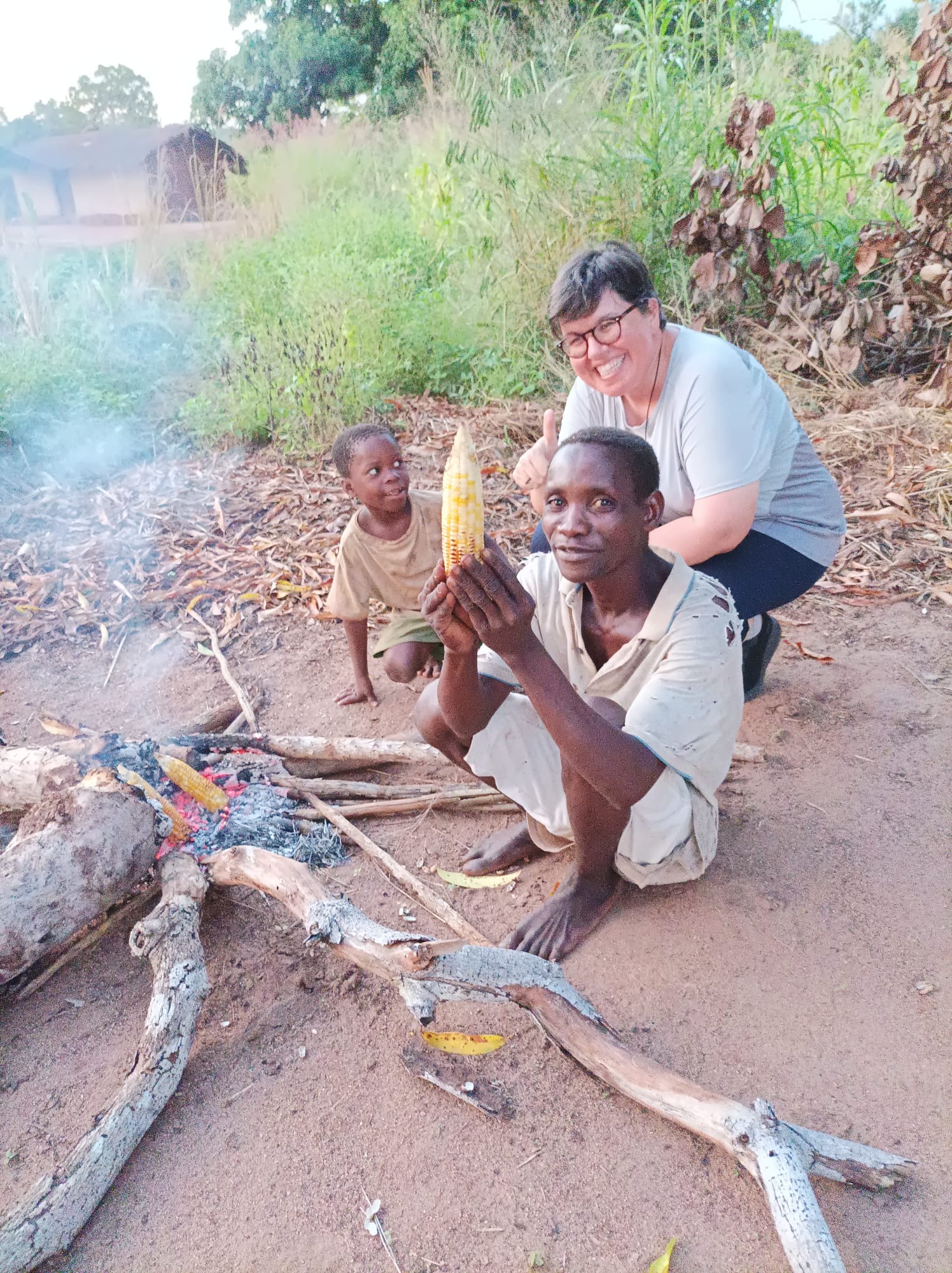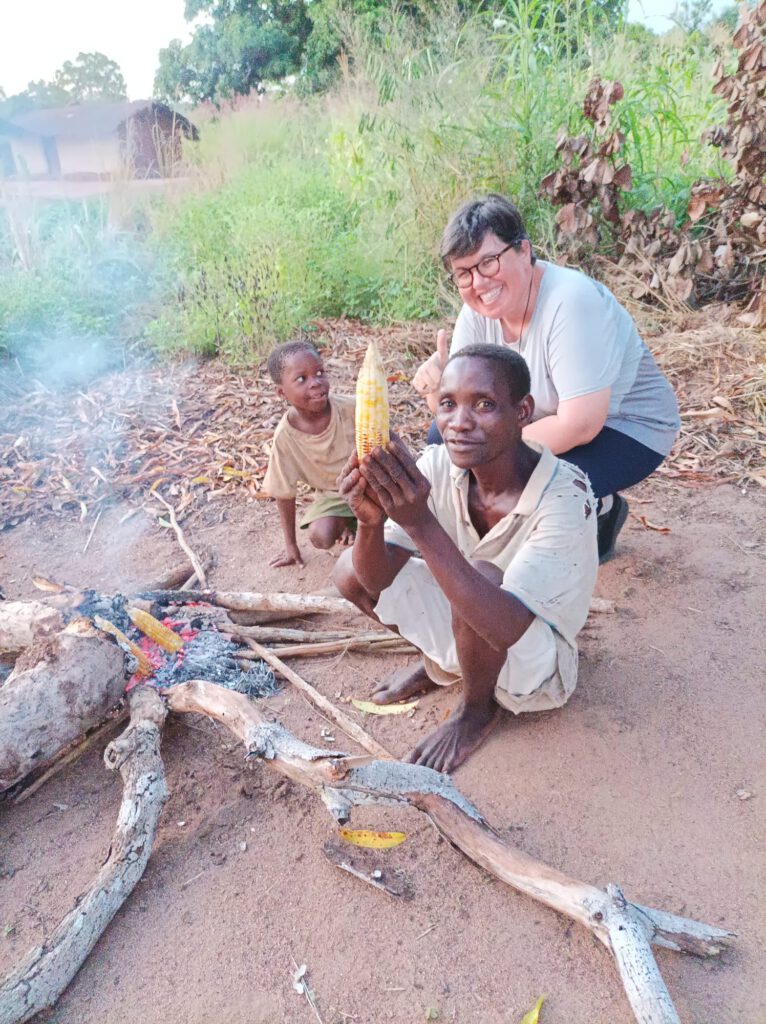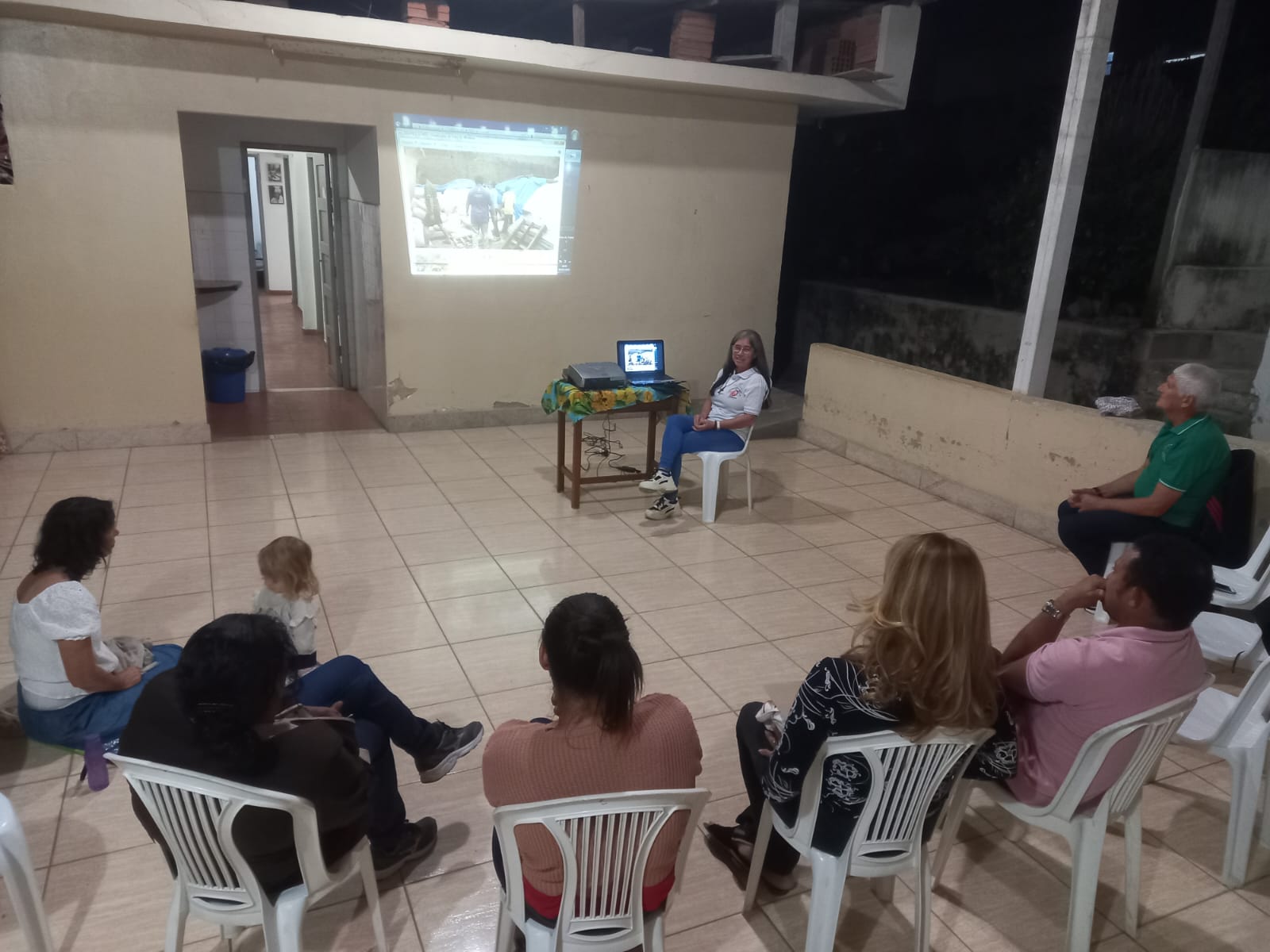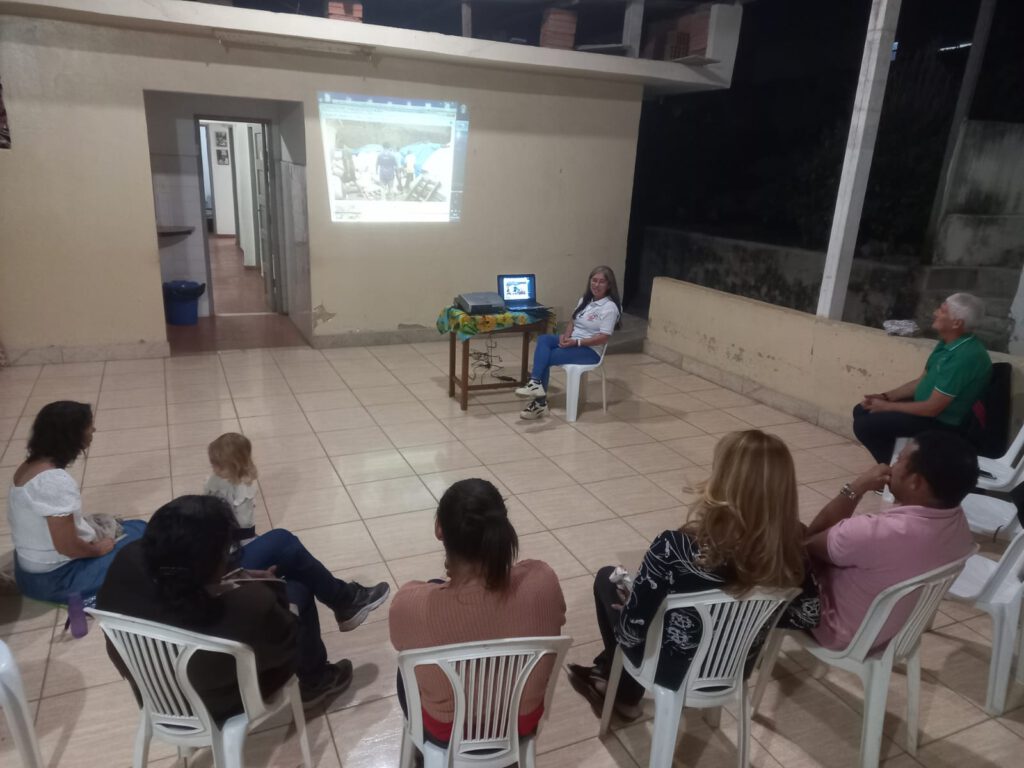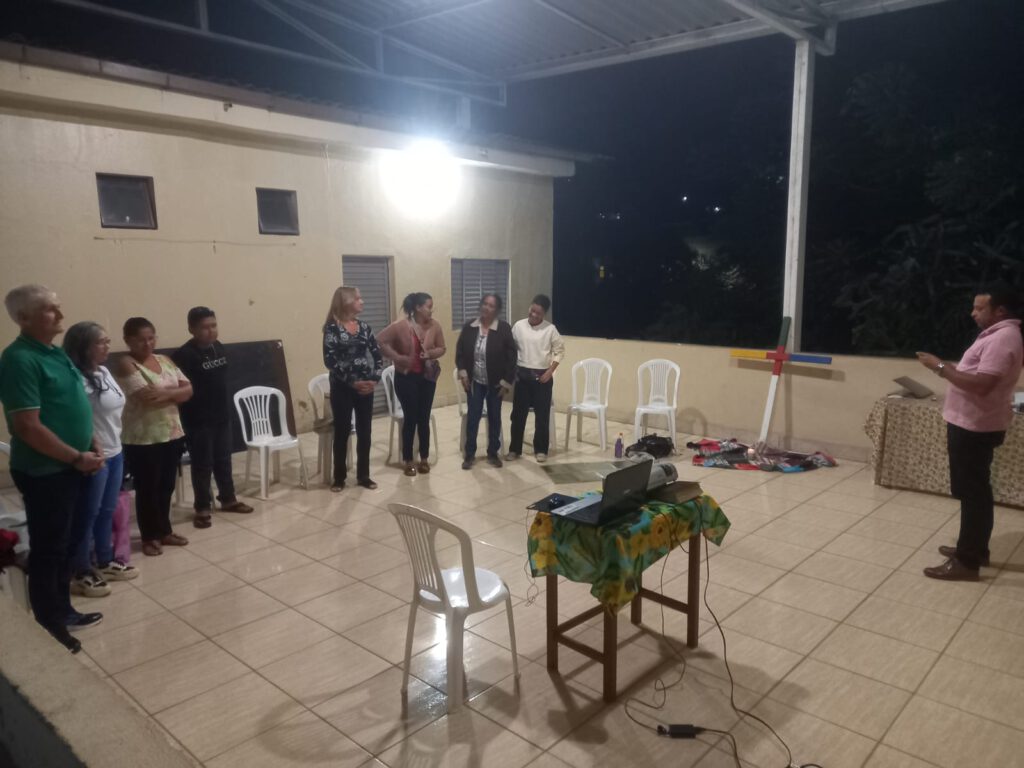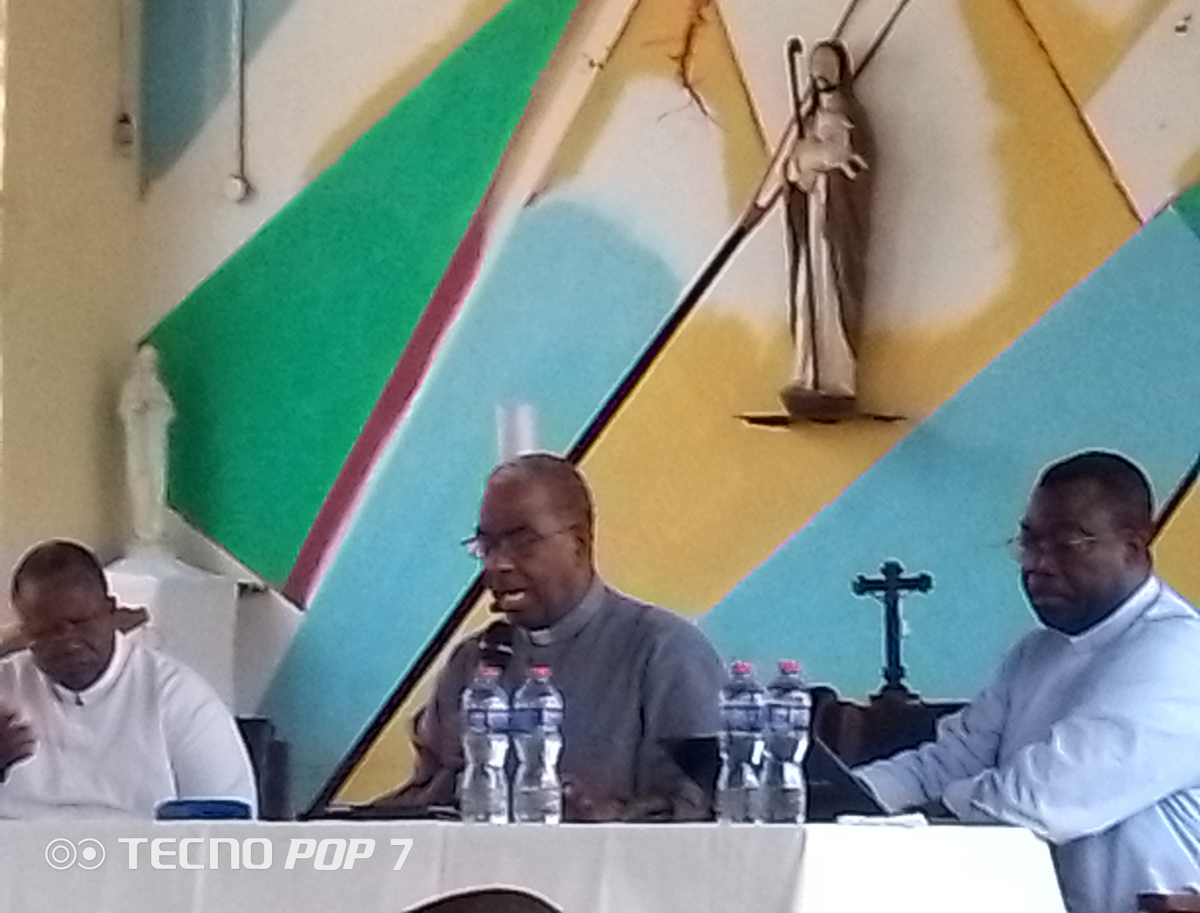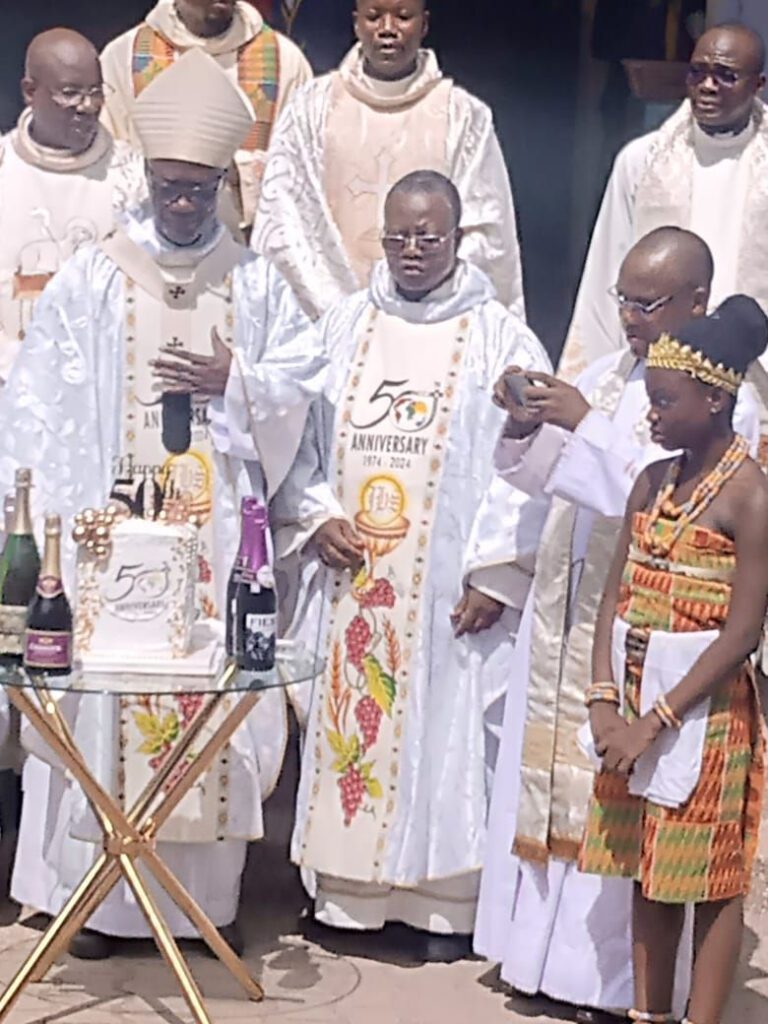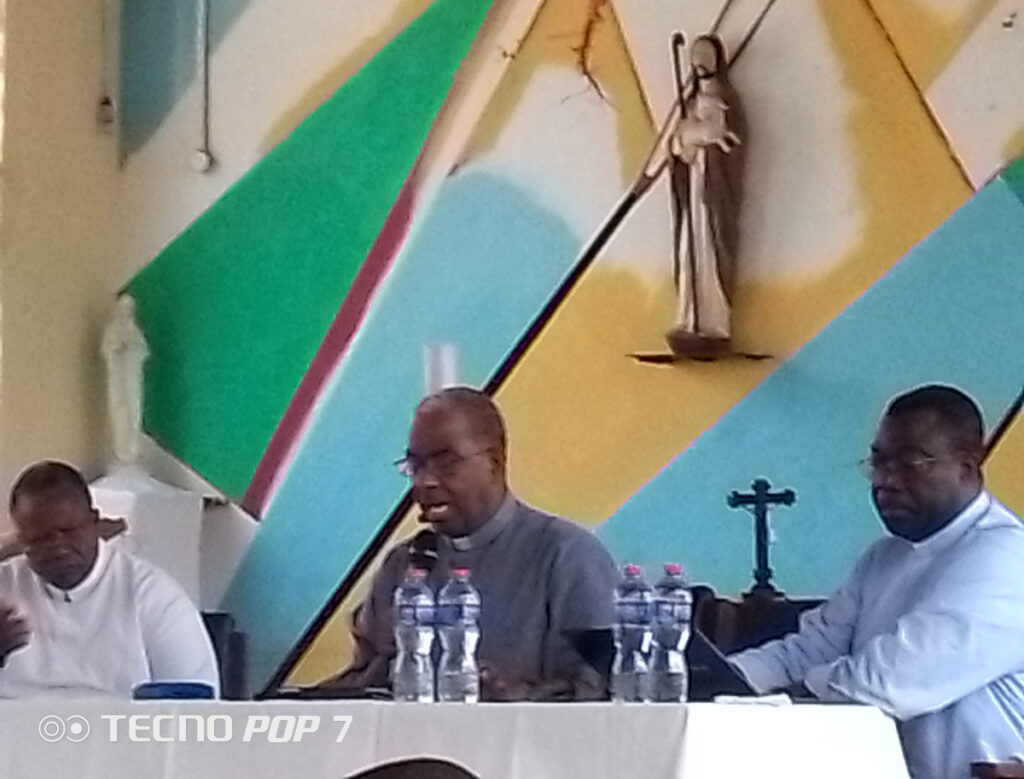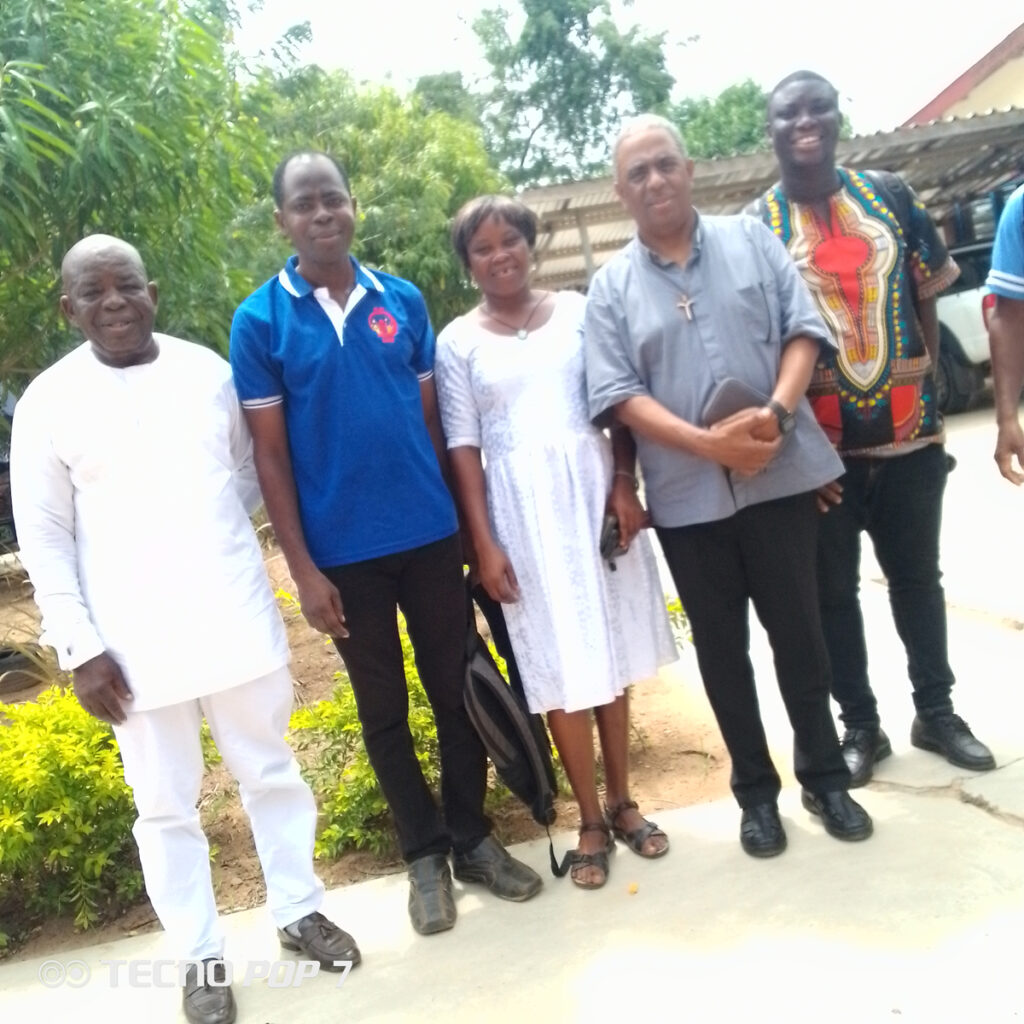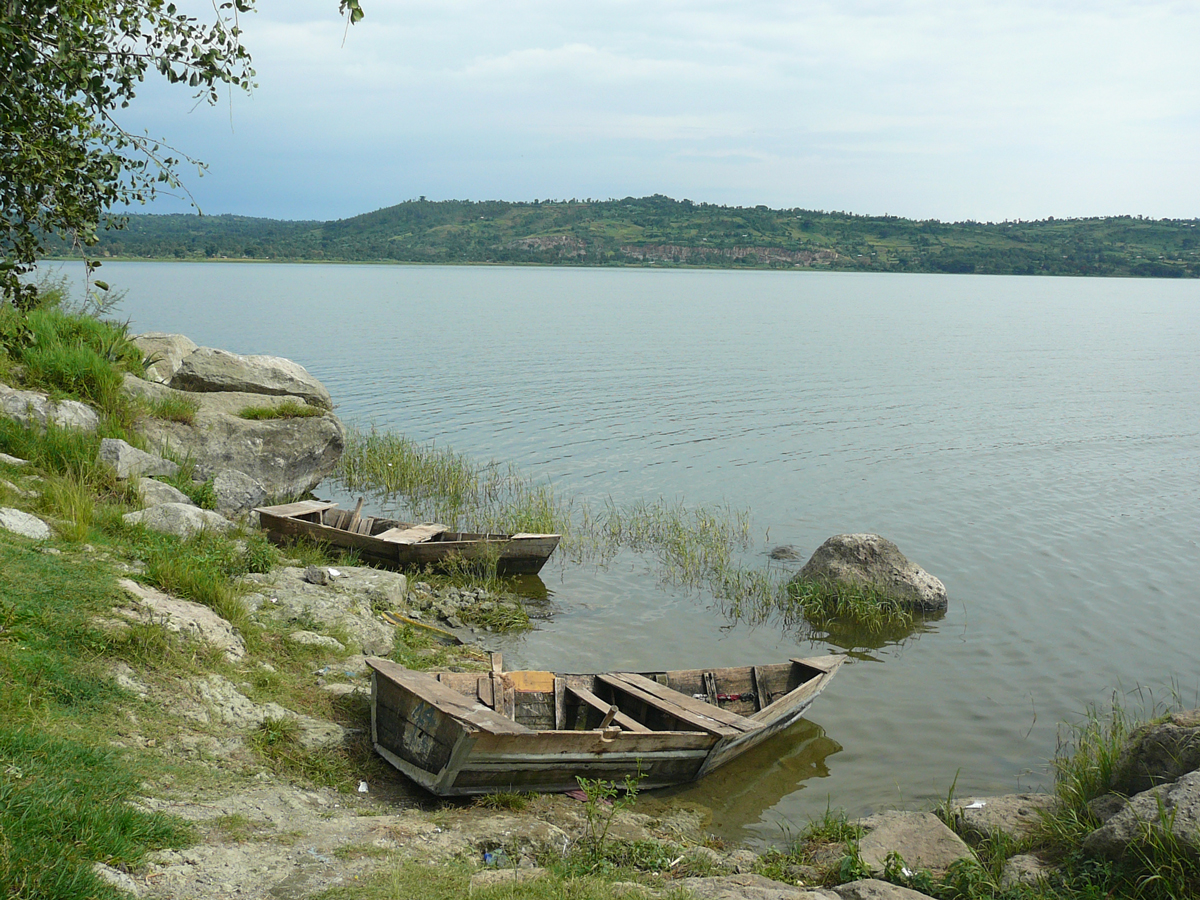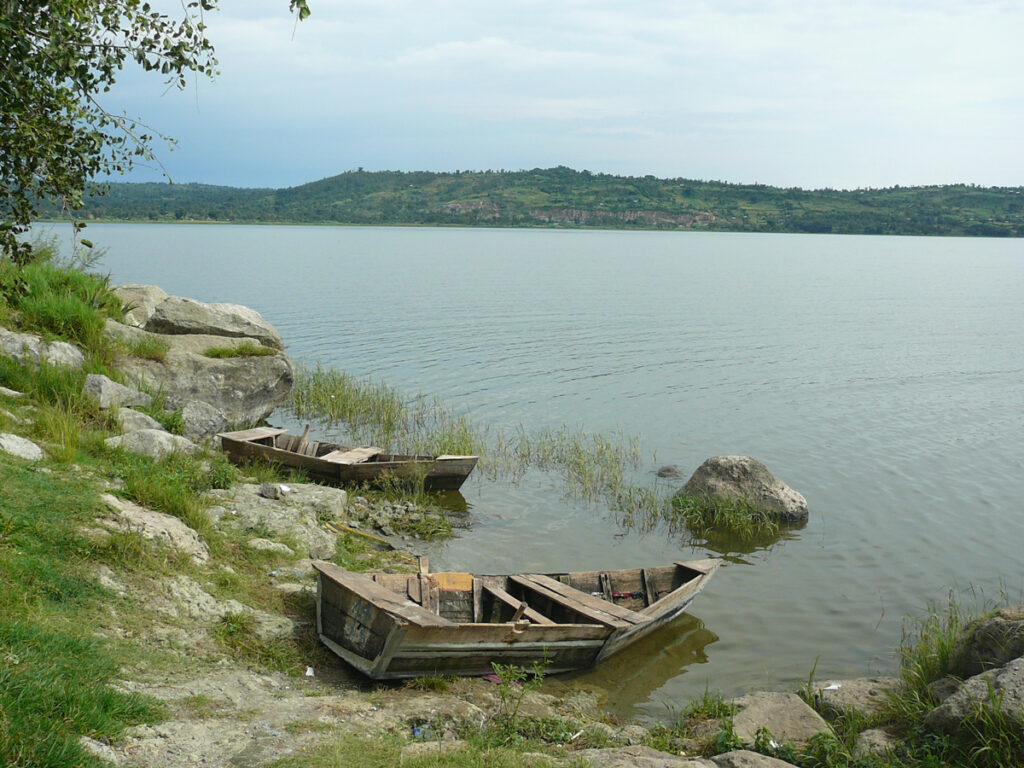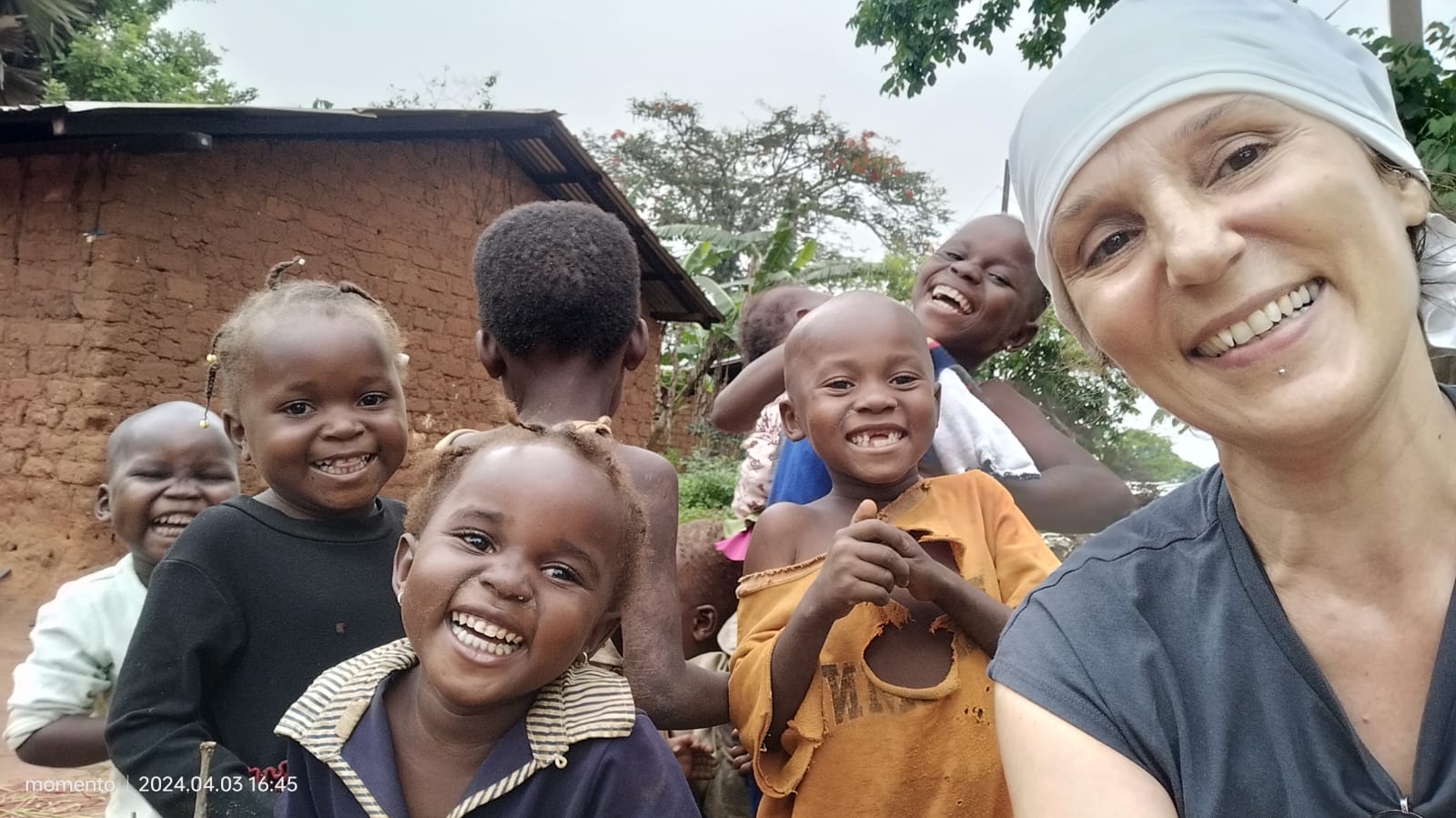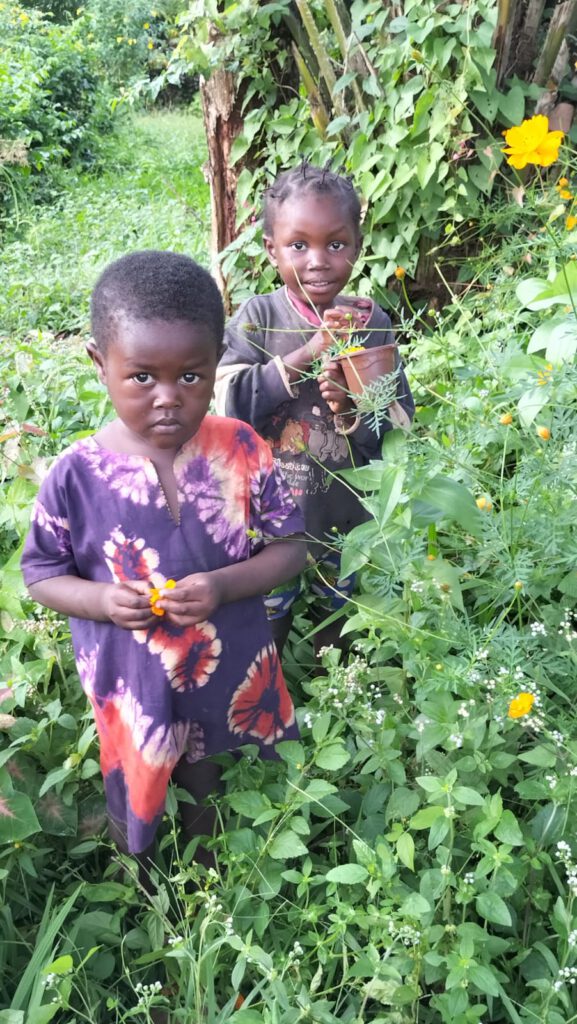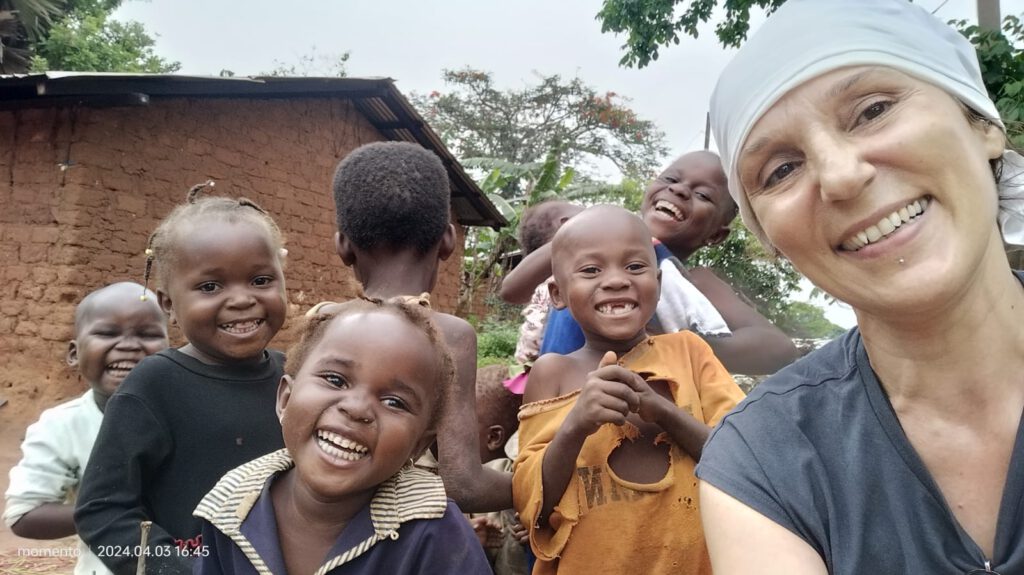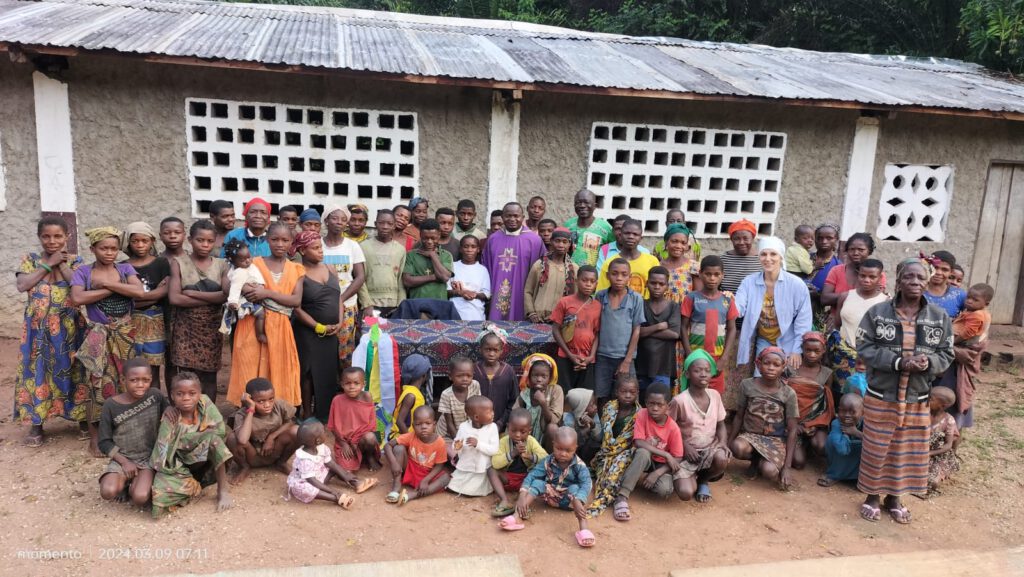With joy and gratitude, we are writing to you news directly from Mozambique. Our first month passed very quickly, intensely and with great depth. Right from the start, we were welcomed with great enthusiasm, by the people of this land who are still suffering from injustice and have no hopeful outlook for the future. The Macua people, really have a big and generous heart, despite the suffering in their gaze.
In this first period, where we are still trying to figure out where we are, we had a great gift, that of sharing with them, the four most important days of the Easter season, from Holy Thursday to Easter. We left home early Thursday morning and until Easter Sunday afternoon, we lived in the village in close contact with the people. We took few things with us, the essentials to get through these days. Obviously in these communities, we were welcomed with open arms; and village living with them, meant no water, no light, sleeping on the ground with scorpions, bats etc… without all the comforts that we in the West now take for granted.
For us, it was four days of true essentiality, of pure love that allowed us to love their story even more and to question ourselves about the way we are close to each other, about the importance of the style with which to be on mission. How much richness we received, how much we learned from them once again, to live the essential in depth and richness that the Lord continues to give us every day! Right away, our lives are being shaped to a new form, the one that our brothers/sisters are teaching us every day. Our lives, are really experiencing an Easter Resurrection, thanks to them and thanks to what the Lord teaches us every day thanks to his Word which is Life and lifeblood to make a path in his Will (and not in what we instead seek to fulfill ourselves, to give answers to our sense of being here by only executing projects). For us, even before we came, it was very clear that the beauty of life and of being a mission is precisely to share our whole being with them, on the same plane with them. I think this point for us is fundamental and above all it is a way of life that each of us can feel inside, but it takes great courage to live it in simplicity and love of each other. We are strongly convinced, that the greatest witness we can give, is precisely the Christian way and attitude and not words… instead so many times we just go and get lost in this without a true witness of who we are, but especially of Who we love.
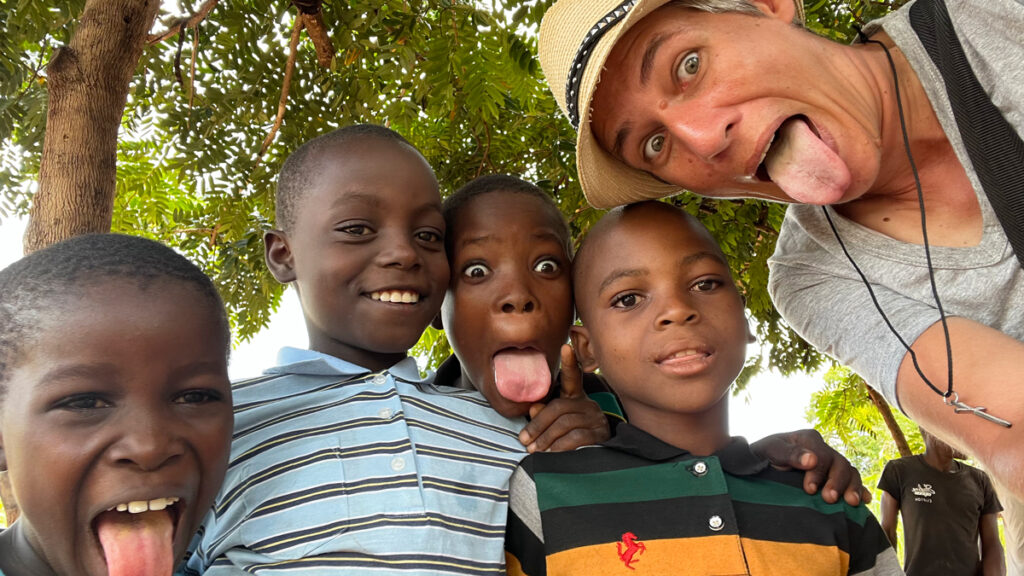
We feel that this presence of ours here is really accompanied by the presence of the Lord. We really missed re-embracing poverty, essentiality and total sharing with the most lonely and abandoned. It is a great gift to live the mission because it is Life, it is joy, it is courage, it is going out of oneself to give oneself totally to the Other.
For this richness that we are receiving in our lives, we want to thank all the people who are supporting us, who are accompanying us with prayer and with their becoming close, because this is also an outgoing Church, where the problem of a person, becomes the problem of a community. We believe very much in this dream of life, which the Lord has placed in our hearts, and we always trust in Him, who knows better than us the way and the ways to build a new different way of being in mission. And let us always remember that: “if I exist it is because the other makes me exist” and this should be a fundamental point on which to build bridges and not walls.
We embrace you with much esteem, gratitude, affection and we really hope that all our joy, may come to you to build something different together, where you also together with us are in communion in this journey of life. We continue to pray for all of you and carry you in every step we take always looking for the Face of God; we also rely on your prayers. See you for the next post…
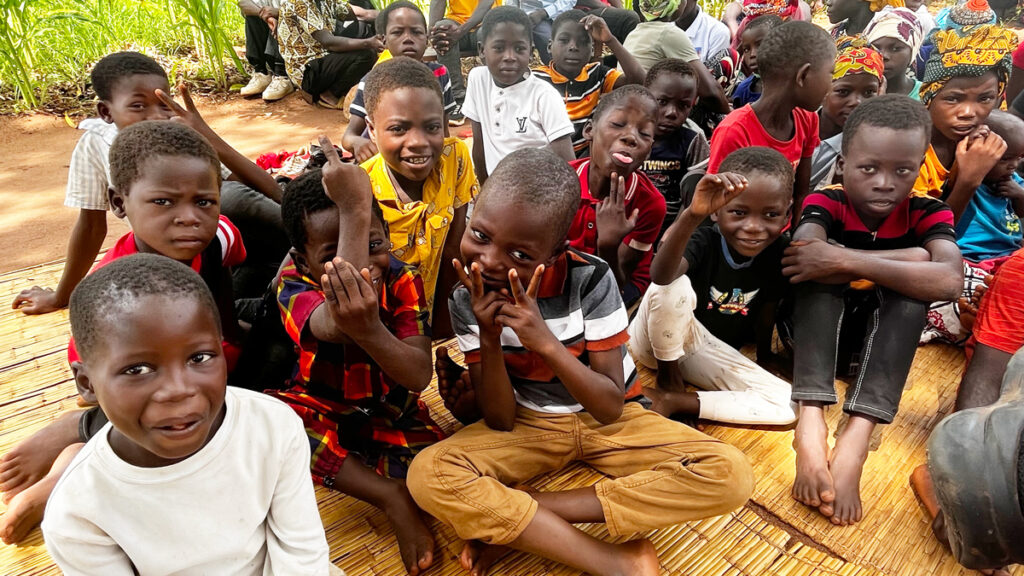
With love Ilaria and Federica




